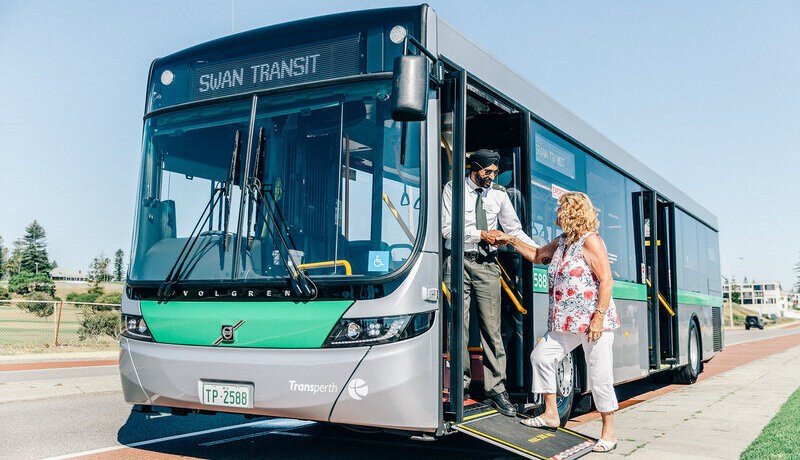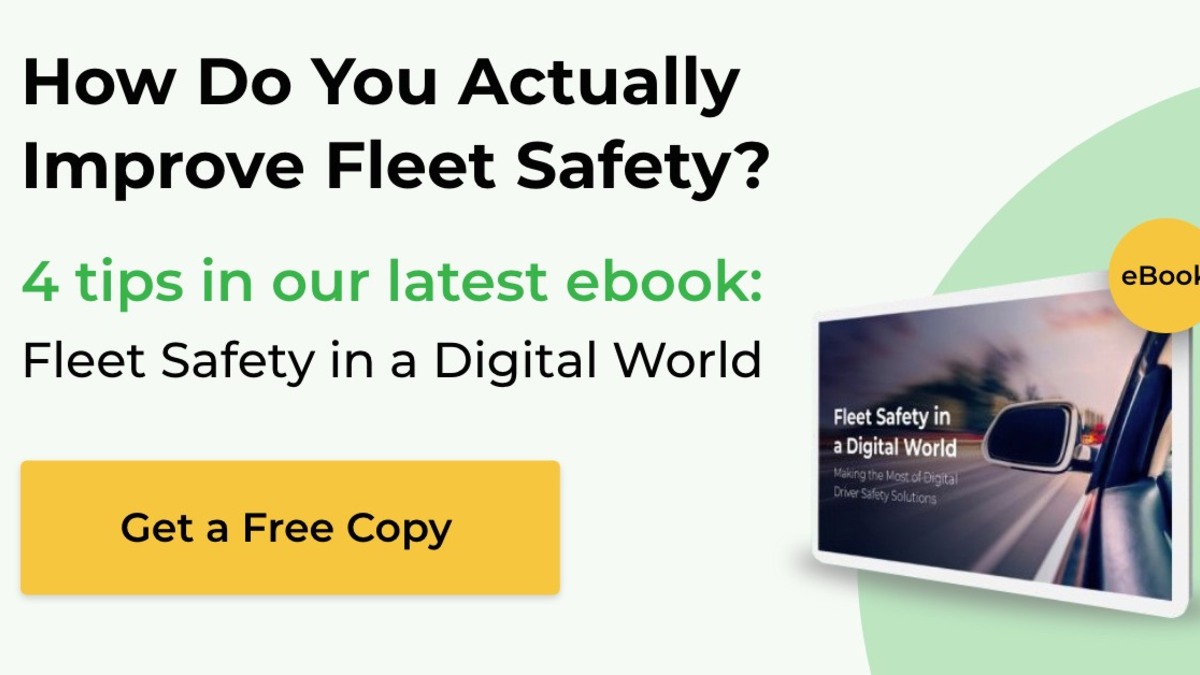Positive Reinforcement
At the start of a new year many of you will be thinking about how to achieve further improvements in your fleet driver’s performance to get more benefits from using GreenRoad. I always mention that helping people change succeeds better if you focus on the positive rather than the negative. Using positive reinforcement will get better results all round, rather than only focusing on your top scoring fleet drivers and getting them to improve. A reward and recognition scheme helps encourage everyone to continue improving.
Positive reinforcement is really about rewarding and recognizing those fleet drivers who have made a great effort to change their behavior. It could include anything from big, formal schemes to smaller one-off, informal rewards. Both formal and informal schemes work well (and a blend of the two works even better), but before you charge head-long into embracing positive reinforcement as your primary method of driving change, take some time to think about what will work for your company and your drivers.
As mentioned, you can adopt a formal approach with, as an example, a weekly reward for the best driver; a scheme where drivers earn points based on their driving performance – or a recognition scheme such as ‘driver of the month’ complete with presentation of a certificate by a senior manager. Equally, the smaller informal schemes work just as well where fleet drivers are rewarded for good driving performance with a meal out or a letter from the CEO, it could even be as simple as every green driver gets free tea and coffee in the canteen, or gets the best parking spaces at the depot. There are literally hundreds of ways of using positive reinforcement, the most important factor is that it fits in with your company culture. If you follow the four simple rules below, you will find that 90% of your fleet drivers react positively to it and not only keep on improving but improve faster.
- Exceed People’s Expectations – A person’s satisfaction is often gauged by the gap between what they expect to receive and what they actually receive. For this reason, in any reward or recognition scheme, be sure to involve your staff and find out what will work to motivate them. It doesn’t have to be a big formal scheme as small informal spontaneous reward or recognition can have a huge impact. A letter from the CEO praising a driver for a job well done, or praise in a public forum and a certificate of achievement costs very little but has a lasting effect.
- Give Reward or recognition as soon as possible – This is an example of where small informal schemes work better than grand, formally documented schemes as you can praise or reward a driver very soon after the event that warranted it. This is much more motivational than a delayed reward, such as an annual bonus process where you can achieve your target in February, but not get rewarded until the following January. Not only will people not remember what they are being awarded for, but you have then missed an opportunity to help encourage them to make further improvements since they reached their initial target.
- Make the reward appropriate – An inappropriate reward can demotivate or send out the wrong message to your driver, so think before you issue! For example, if a team of drivers who have reached their target are given a track day experience as a reward, what message does this send out? Equally, if you go to a friends for dinner, you wouldn’t dream of giving them £20 cash as a gift, they would be very offended, whereas a £20 bottle of wine would be gratefully received. This is because it is an appropriate social gift whereas the cash is just a market price. Using just cash in a reward scheme runs the risk of drivers eventually thinking that they are entitled to it and can therefore demotivate them when they don’t get it, therefore having the opposite effect than was intended. Given appropriately, small rewards or acts of recognition can be more powerful than money.
- Make it personal – This continues to build on the idea of making reward or recognition appropriate. Your staff will react much better to any reward or recognition if it comes from a manager personally, rather than the organization. There is still something magical about receiving a hand-written letter from a senior manager thanking you for your efforts. Letters such as this, because they are personal, tend to have a major impact and really do encourage drivers to keep on driving well. After all, everyone likes to be praised and recognized for doing a job well.
Using these 4 principals, positive reinforcement becomes one of the most powerful tools you have on the road to improved fleet driver performance.





